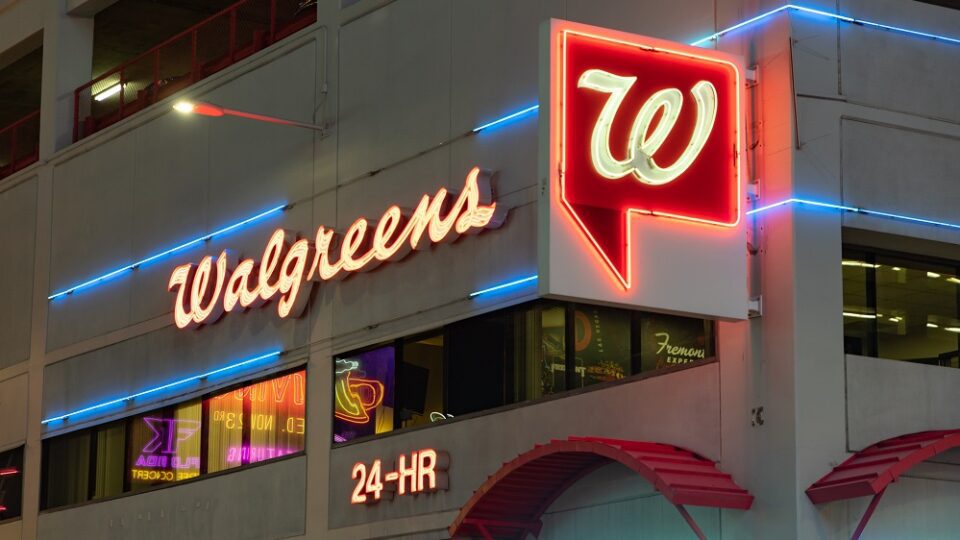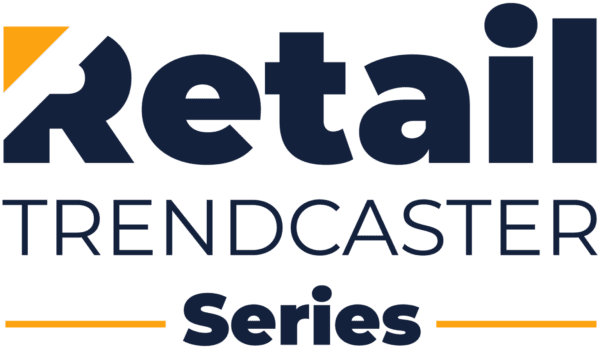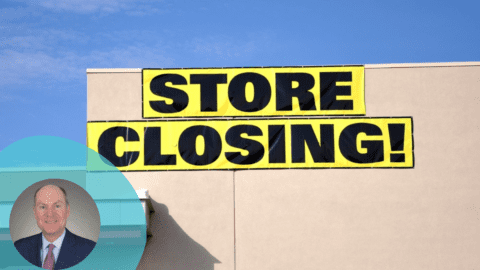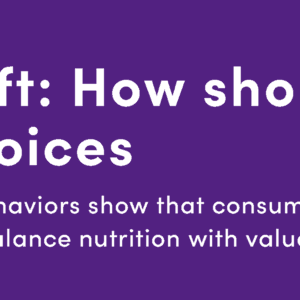Walgreens will pay $300 million to settle a U.S. Department of Justice civil suit, filed in January 2025, that had accused the retailer of dispensing millions of unlawful prescriptions for opioids. The pharmacy retailer will have to pay an additional $50 million if the company is sold, merged or transferred prior to the 2032 fiscal year, according to a statement by the DOJ, which had filed a similar suit in December 2024 against Walgreens competitor CVS.
The Walgreens suit, amended April 18 in the U.S. District Court for the Northern District of Illinois, alleged that from August 2012 through March 1, 2023, Walgreens prescribed excessive quantities of opioids, filled prescriptions significantly early and prescribed a dangerous and abused combination of three drugs known as a “trinity.” Walgreens’ pharmacists allegedly prescribed these drugs “despite clear red flags indicating a high likelihood that the prescriptions were invalid because they lacked a legitimate medical purpose or were not issued in the usual course of professional practice,” according to the DOJ statement.
Walgreens had not yet responded to Retail TouchPoints’ request for comment at press time, but in reporting by the AP a spokesperson, Fraser Engerman, said: “We strongly disagree with the government’s legal theory and admit no liability. This resolution allows us to close all opioid related litigation with federal, state and local governments and provides us with favorable terms from a cashflow perspective while we focus on our turnaround strategy.”
Both Walgreens and CVS have been paying out settlements in opioid-related cases for several years. In November 2022 Walgreens and CVS agreed to pay $10 billion in opioid settlements, and in May 2023 Walgreens parent company Walgreens Boots Alliance agreed to pay San Francisco $230 million in a multi-year settlement payout. The following month, in June 2023, Walgreens Boots Alliance agreed to a $500 million settlement with the state of New Mexico.
Advertisement
Walgreens Boots Alliance agreed in March 2025 to a deal with Sycamore Partners to take the company private after nearly a century in the public markets. Walgreens has been struggling in recent years; the retailer said in October 2024 that it would close 1,200 stores over the next three years, including 500 closures by August 2025.
Settlement Calls for Better Training, Compliance for Controlled Substance Dispensing
In addition to the financial settlement, Walgreens has made agreements with the Drug Enforcement Administration (DEA) and the Department of Health and Human Services Office of Inspector General (HHS-OIG) requiring the retailer to implement and maintain compliance measures for the next seven years. These measures will include requiring pharmacists to confirm the validity of controlled substance prescriptions, providing annual training to pharmacy employees regarding their legal obligations and maintaining a system for blocking prescriptions from prescribers if Walgreens becomes aware they are writing illegitimate controlled substance prescriptions.
The retailer also has entered a five-year Corporate Integrity Agreement with HHS-OIG requiring written policies and procedures, training, board oversight and periodic reporting to HHS-OIG regarding Walgreens’ dispensing of controlled substances.
Priming the Pharmacist Pipeline with Financial Assistance
Walgreens has introduced a program designed to better fill the tech-to-pharmacist pipeline. PharmStart, a fully funded online education program to help eligible associates meet the requirements for pharmacy school and start on the road to a PharmD degree. Walgreens has partnered with talent development company Guild for the program, which will begin with more than 300 Walgreens associates in six states: Oklahoma, Texas, Oregon, Illinois, Wisconsin and Kentucky. Applications are now open for technicians and other frontline employees.
Additionally, Walgreens has introduced its Pharmacy Educational Assistance Program (PEAP), which offers up to $40,000 in tuition assistance, and the Walgreens Student Loan 401(k) Match Program, which can help associates pay off student loans while still earning their full match in the retirement savings plan.
“Becoming a pharmacist was a lifelong dream, but the cost of tuition always loomed in the back of my mind,” said Rick Gates, Chief Pharmacy Officer at Walgreens in a statement. “Today, we’re continuing to chip away at those financial burdens, ensuring team members can pursue their passion for pharmacy without the burden of debt being a barrier to success.”



